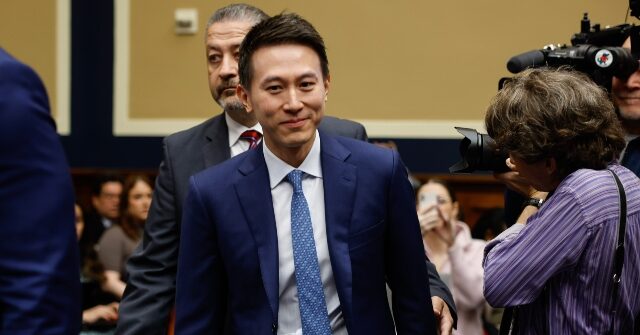In a significant legal development, a federal appeals court has upheld a legislative decision mandating ByteDance, the Chinese parent company of TikTok, to either divest the popular social media platform or face a ban in the United States. This ruling presents a critical deadline for ByteDance, which must either execute a sale of TikTok or risk prohibition of the app by January 19, 2025. The court’s decision indicates a growing urgency in addressing national security concerns linked to foreign influence via social media, particularly regarding data collection practices attributed to Chinese state actors.
The ruling was issued by the U.S. Court of Appeals for the D.C. Circuit, which determined that the enforcement of the sell-or-ban legislation does not infringe upon the First Amendment rights of TikTok users. The court justified its position by arguing that the U.S. government has a vested interest in curtailing the ability of China, described as a foreign adversary, to gather sensitive data about American citizens. The court articulated its belief that protective measures against foreign threats are permissible under the First Amendment framework when they aim to safeguard the fundamental principles of free speech from potential foreign subversion.
Furthermore, the court emphasized that responsibilities for any ensuing disruption to TikTok’s user base fall on the People’s Republic of China, which poses a “hybrid commercial threat” to U.S. national security rather than on the U.S. government itself. The judges noted that their decision was influenced by the extended engagement process between the U.S. government and TikTok, during which attempts were made to find an amicable resolution that would allow the app to operate safely without infringing on security concerns. The ruling signals a shift in the dynamics of U.S.-China relations, especially in the realm of technology and data privacy.
With the court’s decision and timeline in place, ByteDance faces significant pressure to comply with the orders. The company must consummate a deal that effectively removes its ownership of TikTok by the specified deadline or prepare for the consequences of a nationwide ban. This could lead to a considerable interruption of service for TikTok’s user base, primarily made up of younger audiences who have become accustomed to the platform as a primary means of communication and entertainment. A potential extension by President Joe Biden offers a glimpse of leniency in this otherwise rapid sequence of events, dependent on the company showing progress towards divestiture.
As the deadline of January 19 approaches, the implications of this ruling extend beyond TikTok’s operational capabilities. The broader impact involves not only the national security considerations pertinent to data privacy but also sets a precedent concerning how the U.S. approaches technology companies linked to foreign nations deemed as threats. The resolution of this issue will likely influence public discourse on social media governance and data protection, forcing both consumers and policymakers to rethink their stances on foreign technology engagement and the safeguarding of personal information.
In conclusion, this pivotal court ruling embodies the tensions between national security and digital connectivity shaped by globalization. As the legal framework surrounding TikTok continues to evolve, users and stakeholders will closely monitor developments leading up to the January deadline. The outcome of this situation will not only determine the future of TikTok in the U.S. but will also reflect broader trends in government regulation of foreign technologies, with the potential to reshape the landscape of social media interactions and data security harbored within these platforms.

